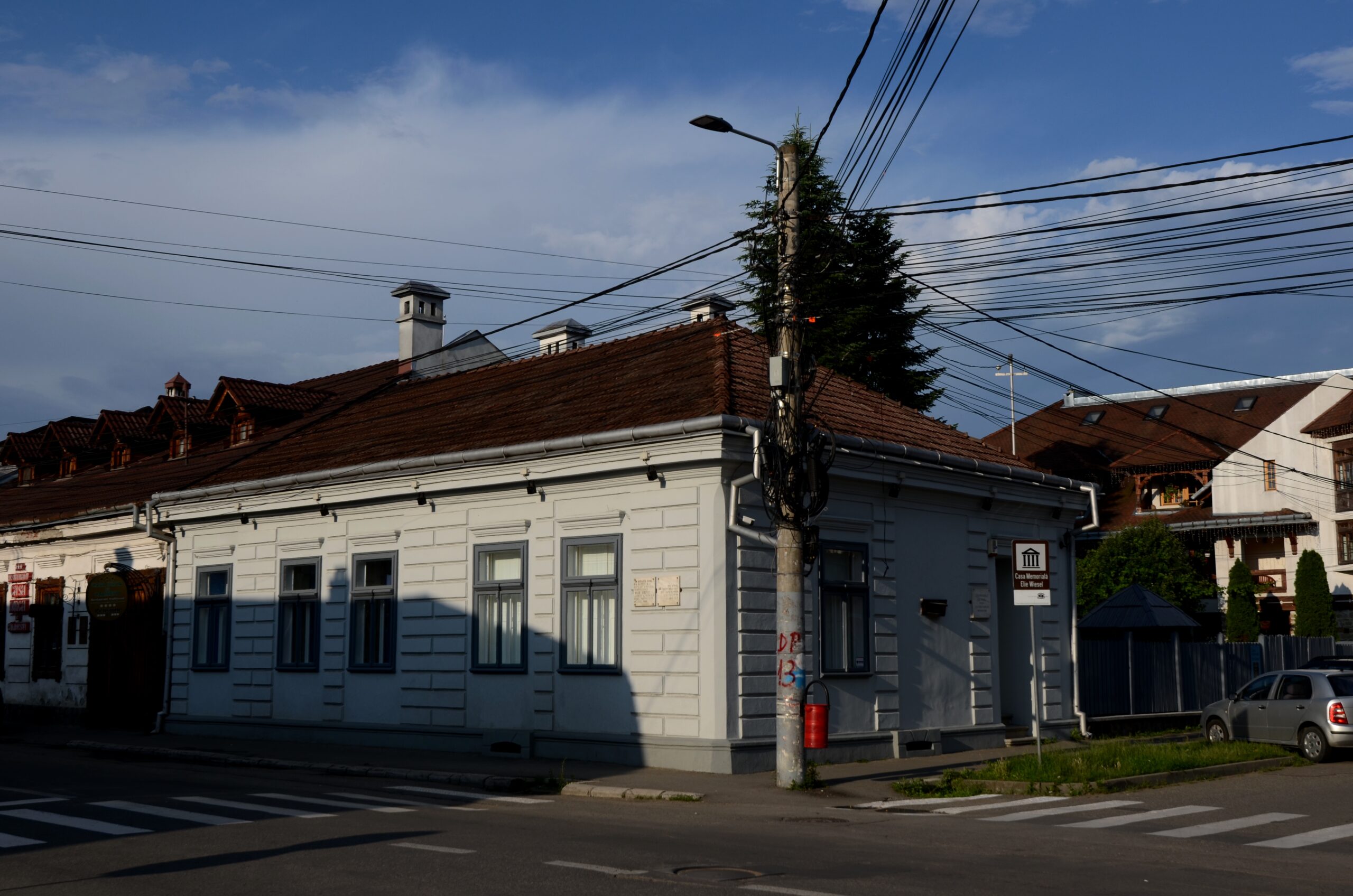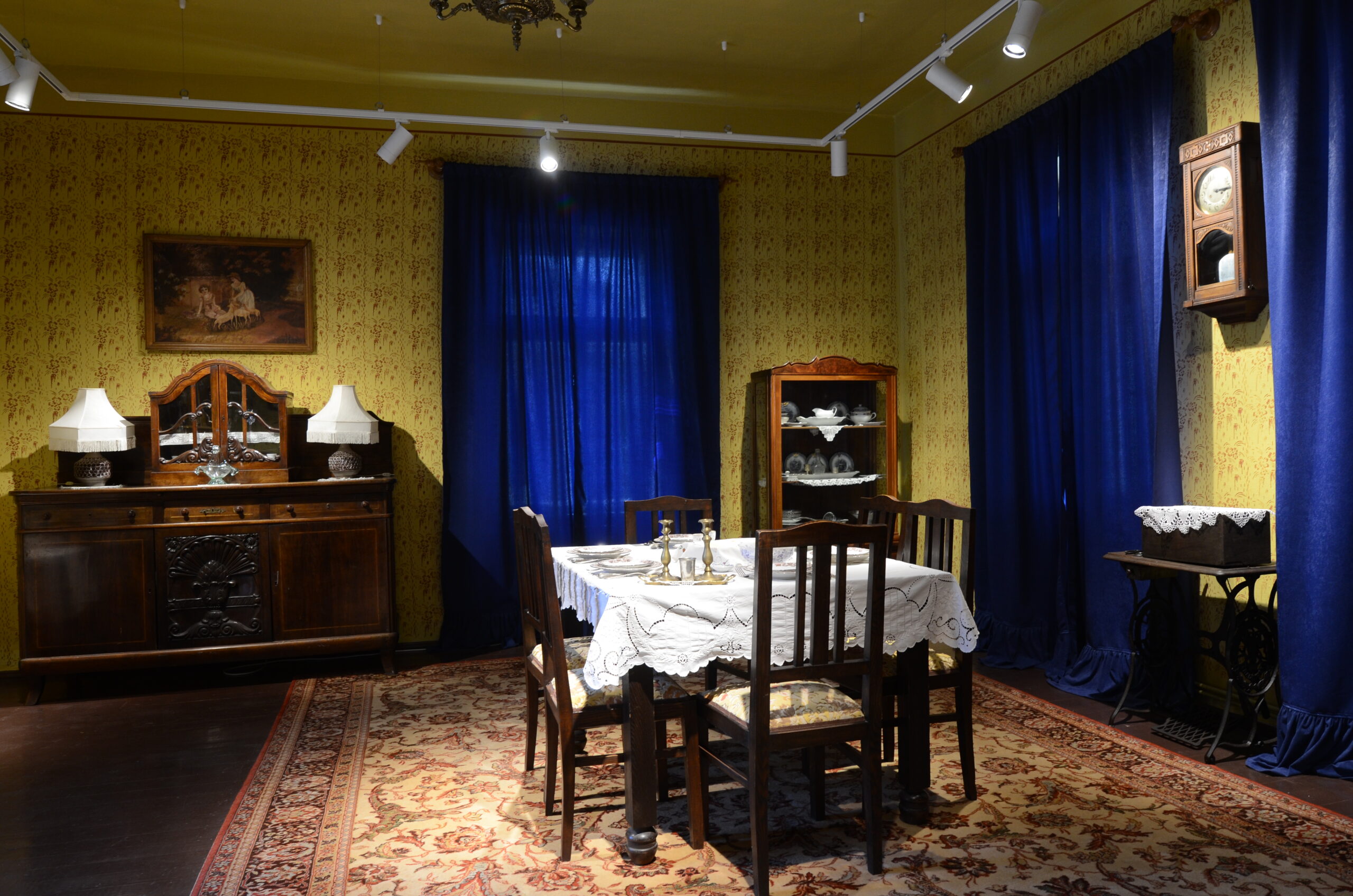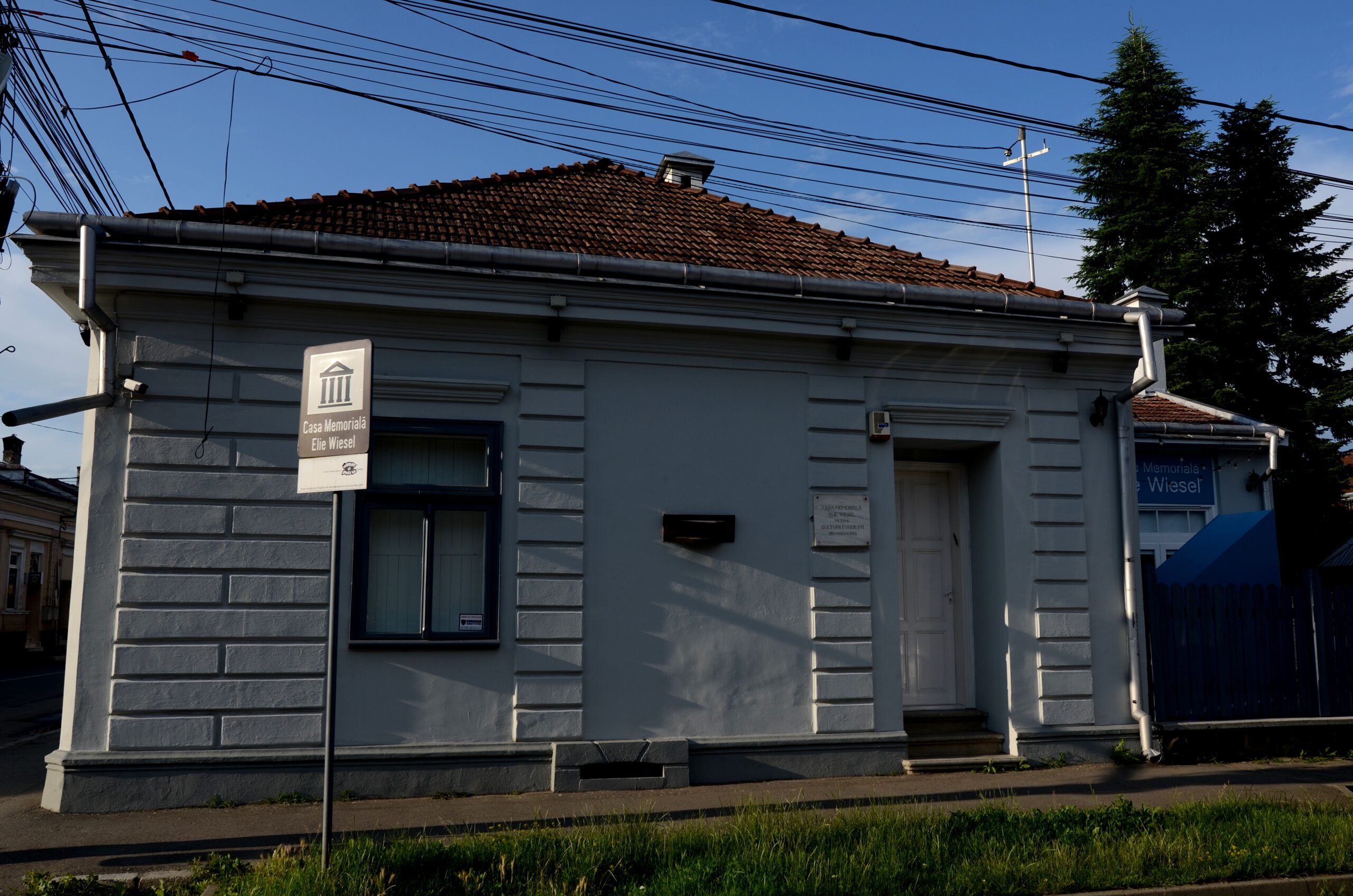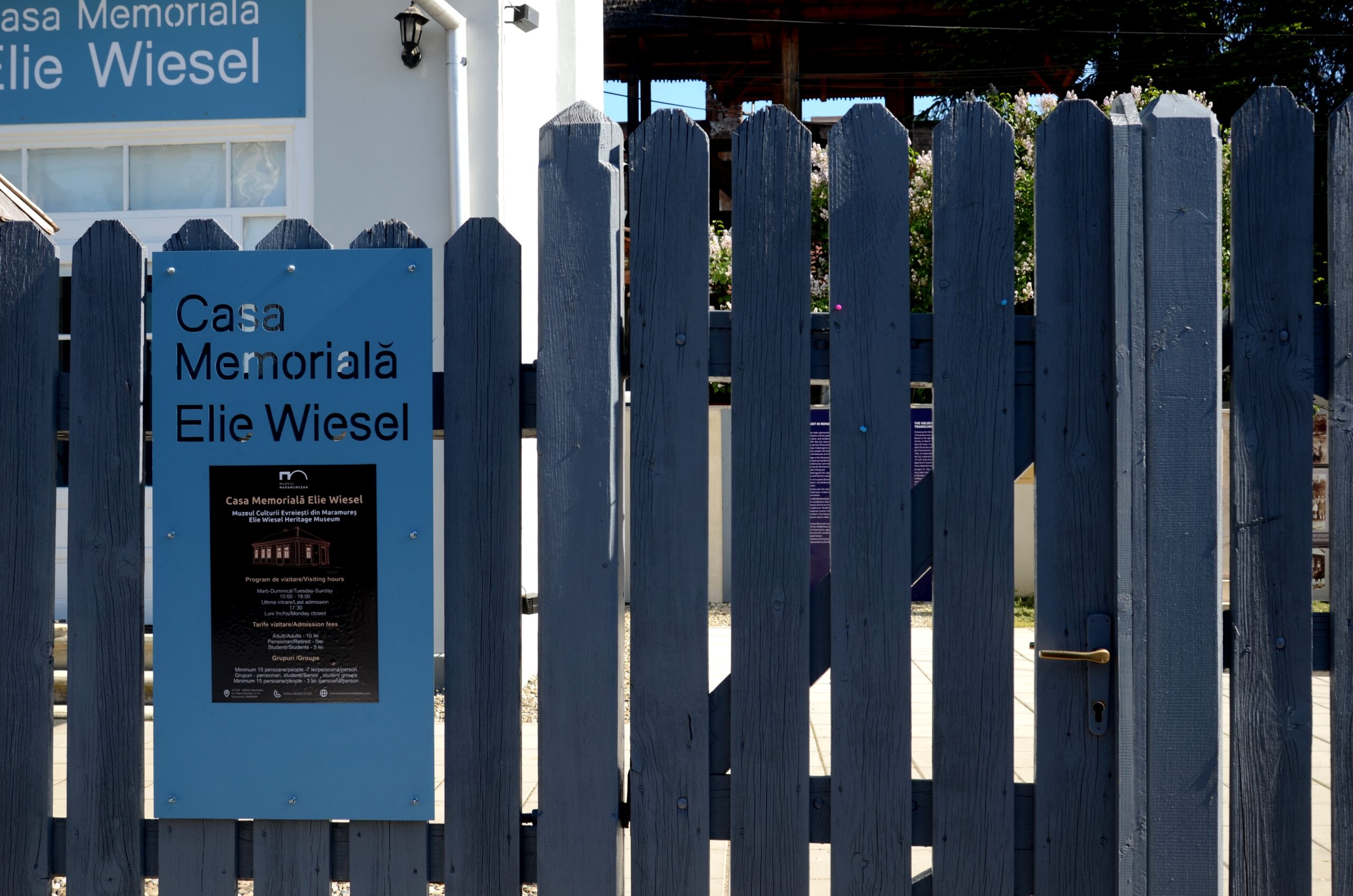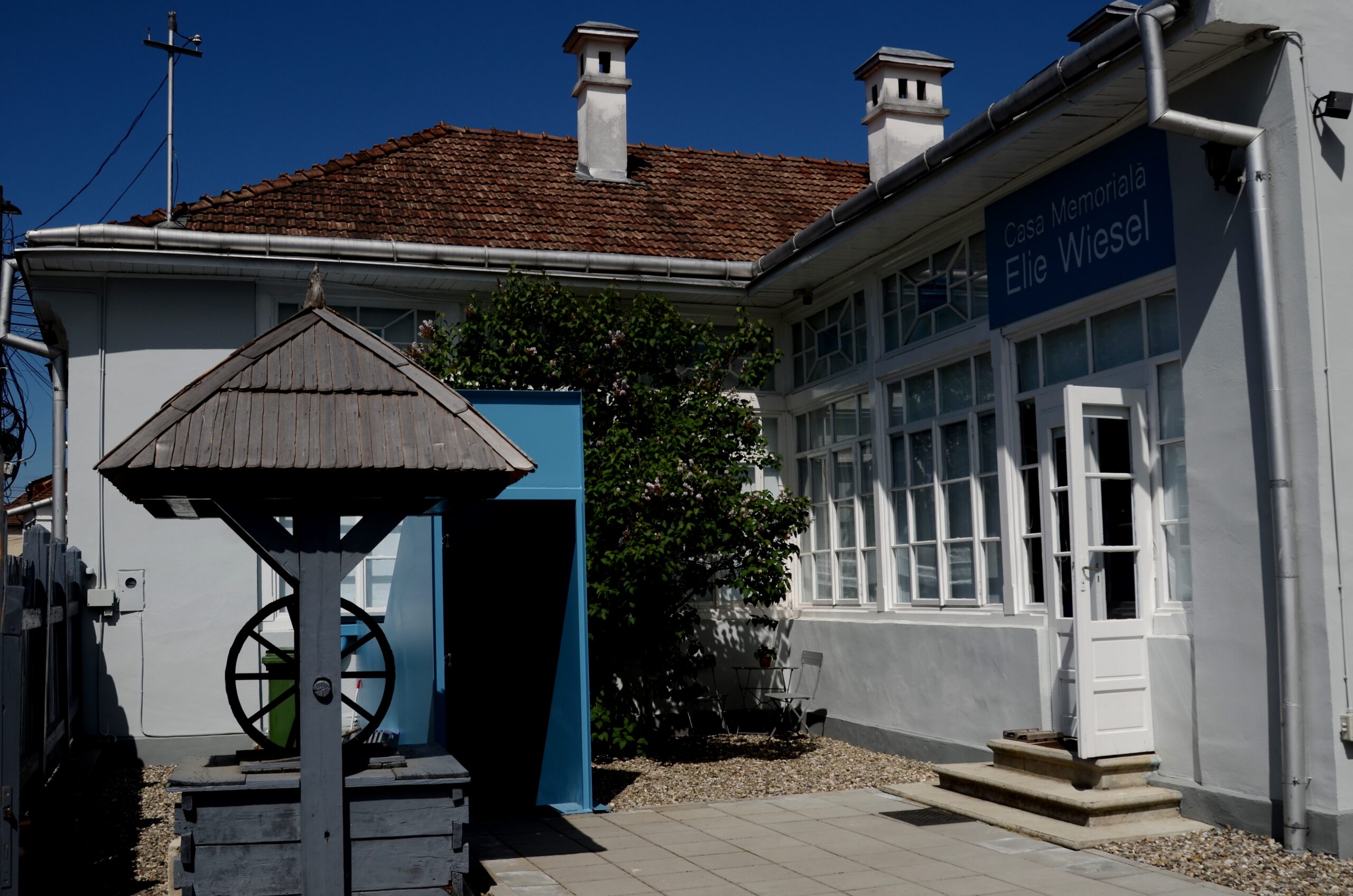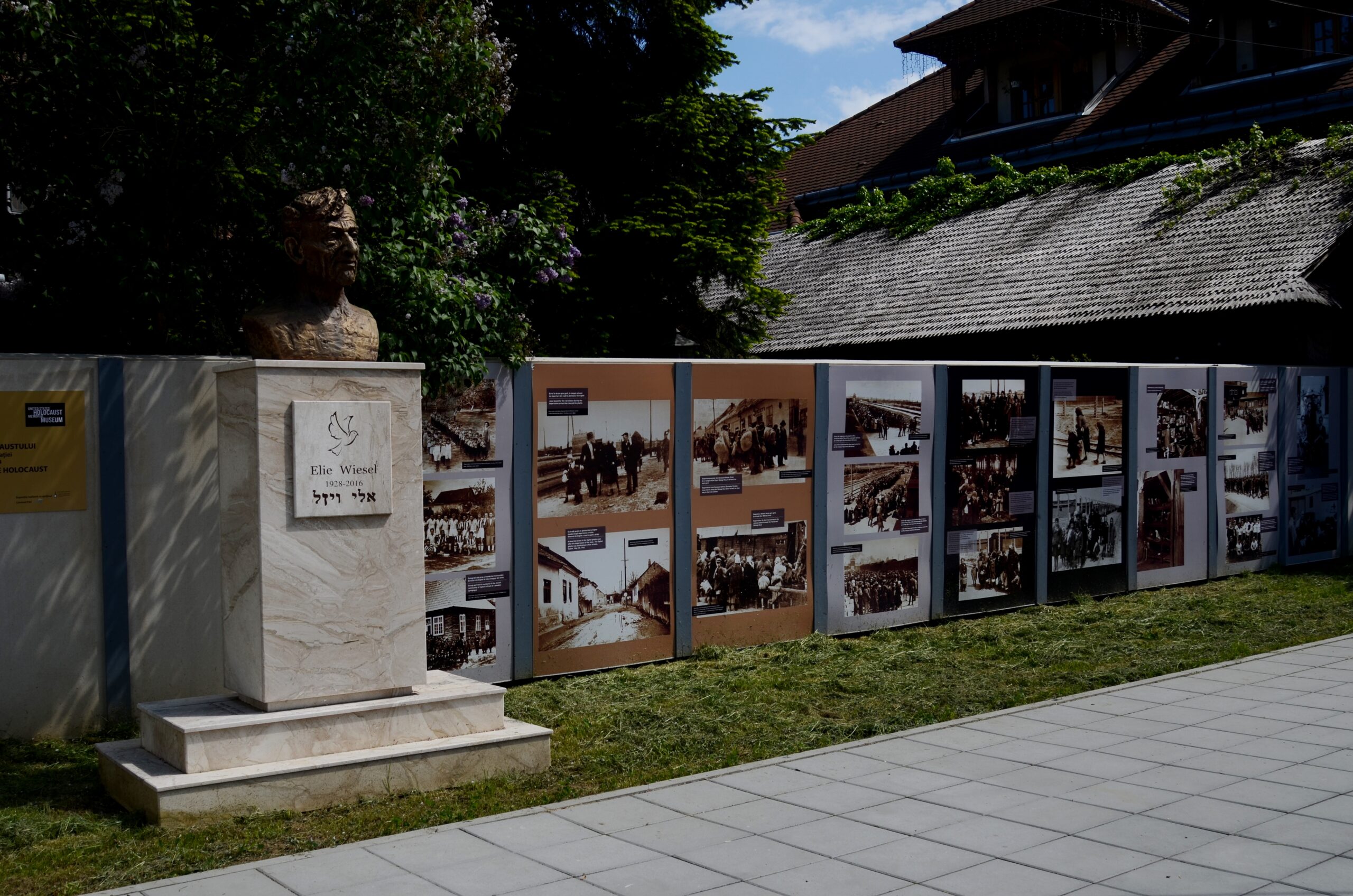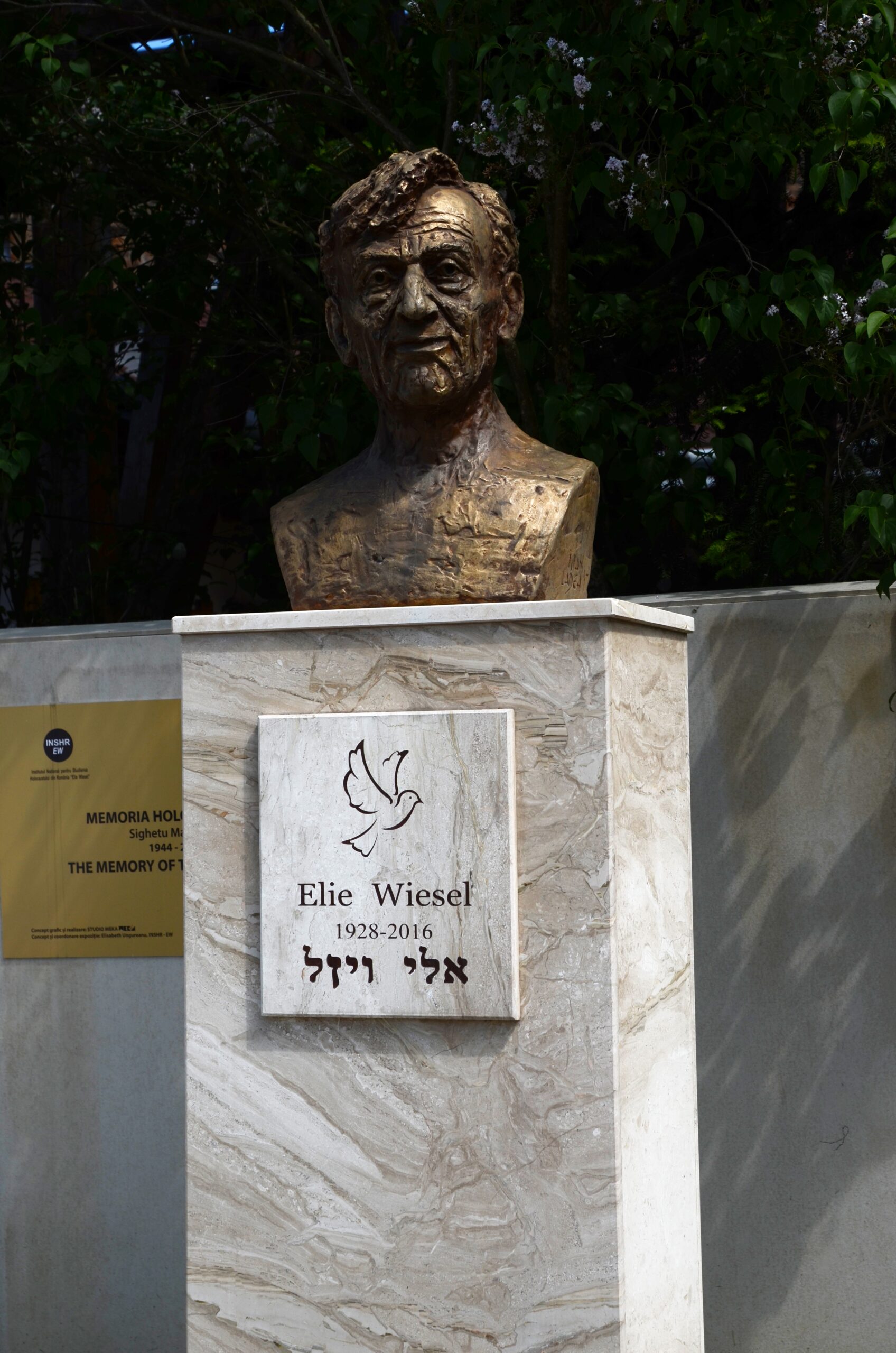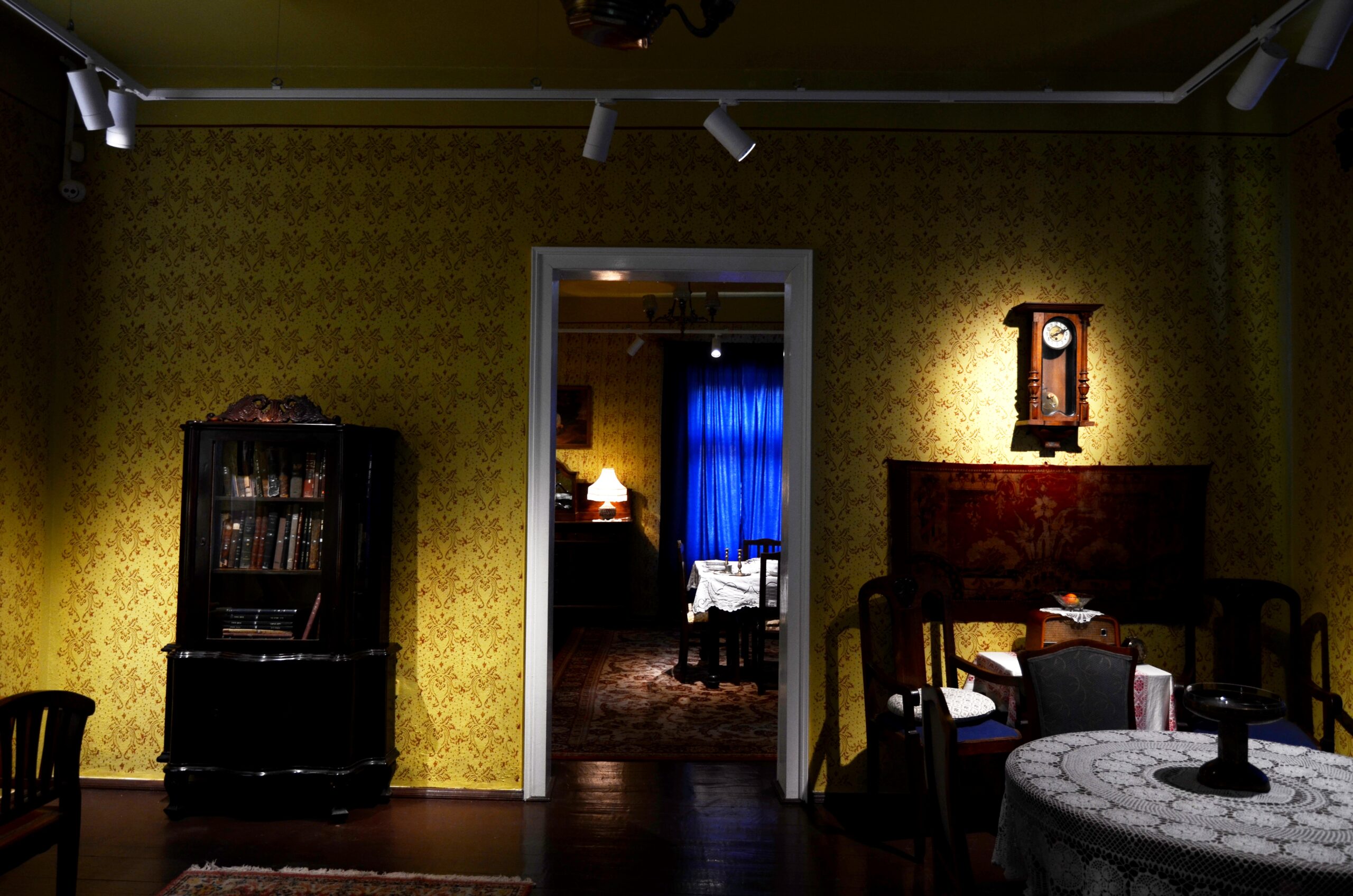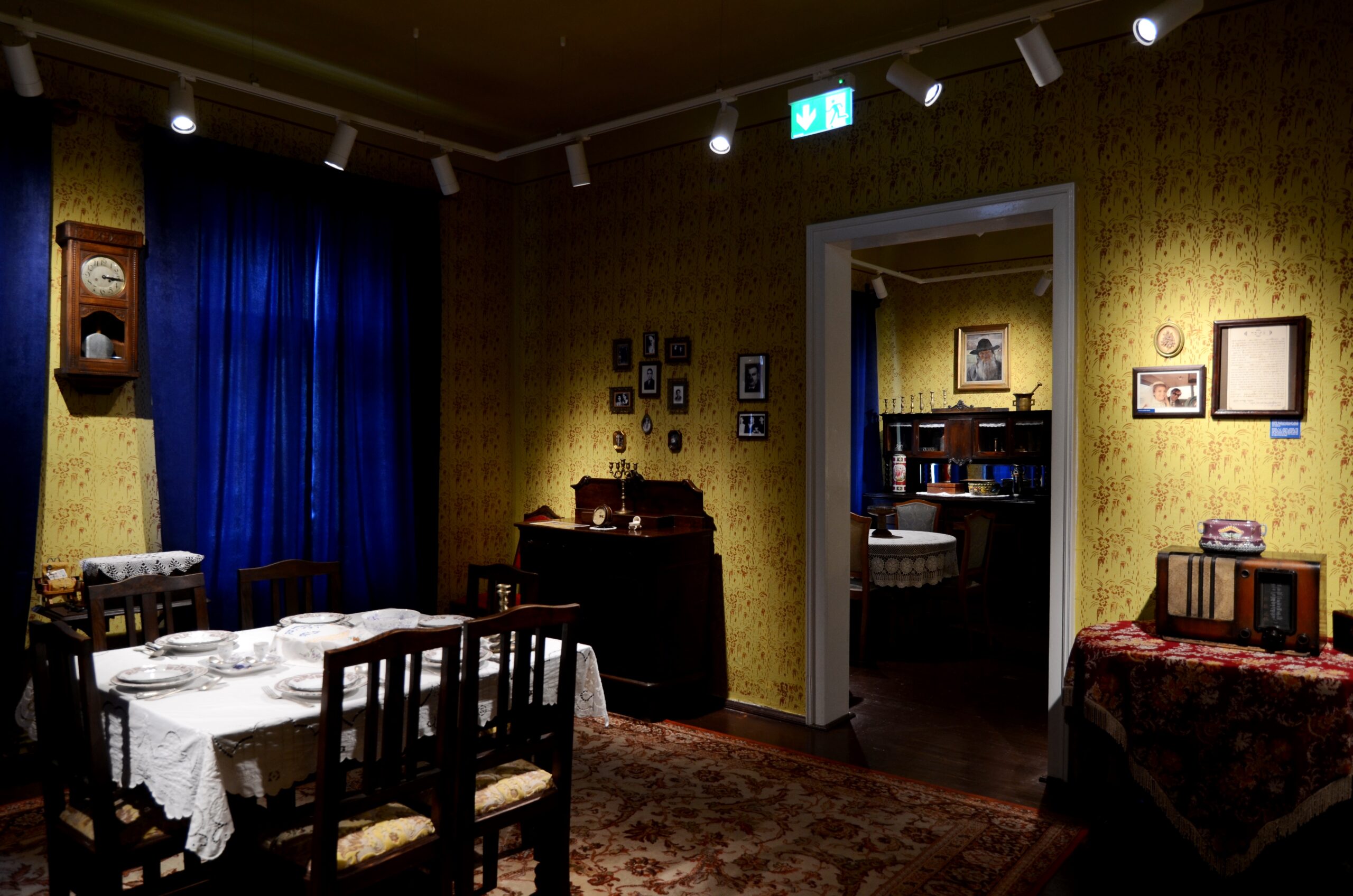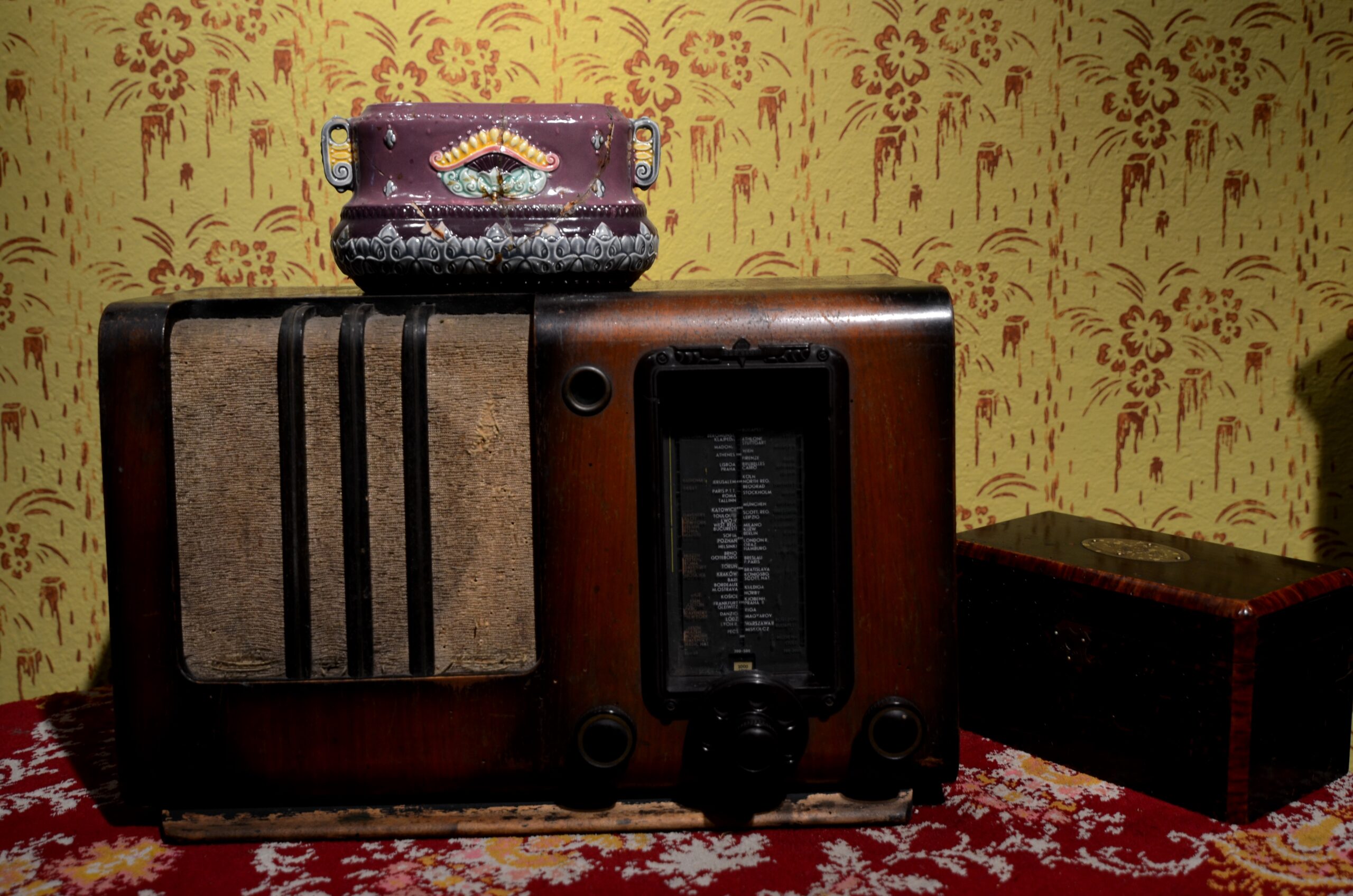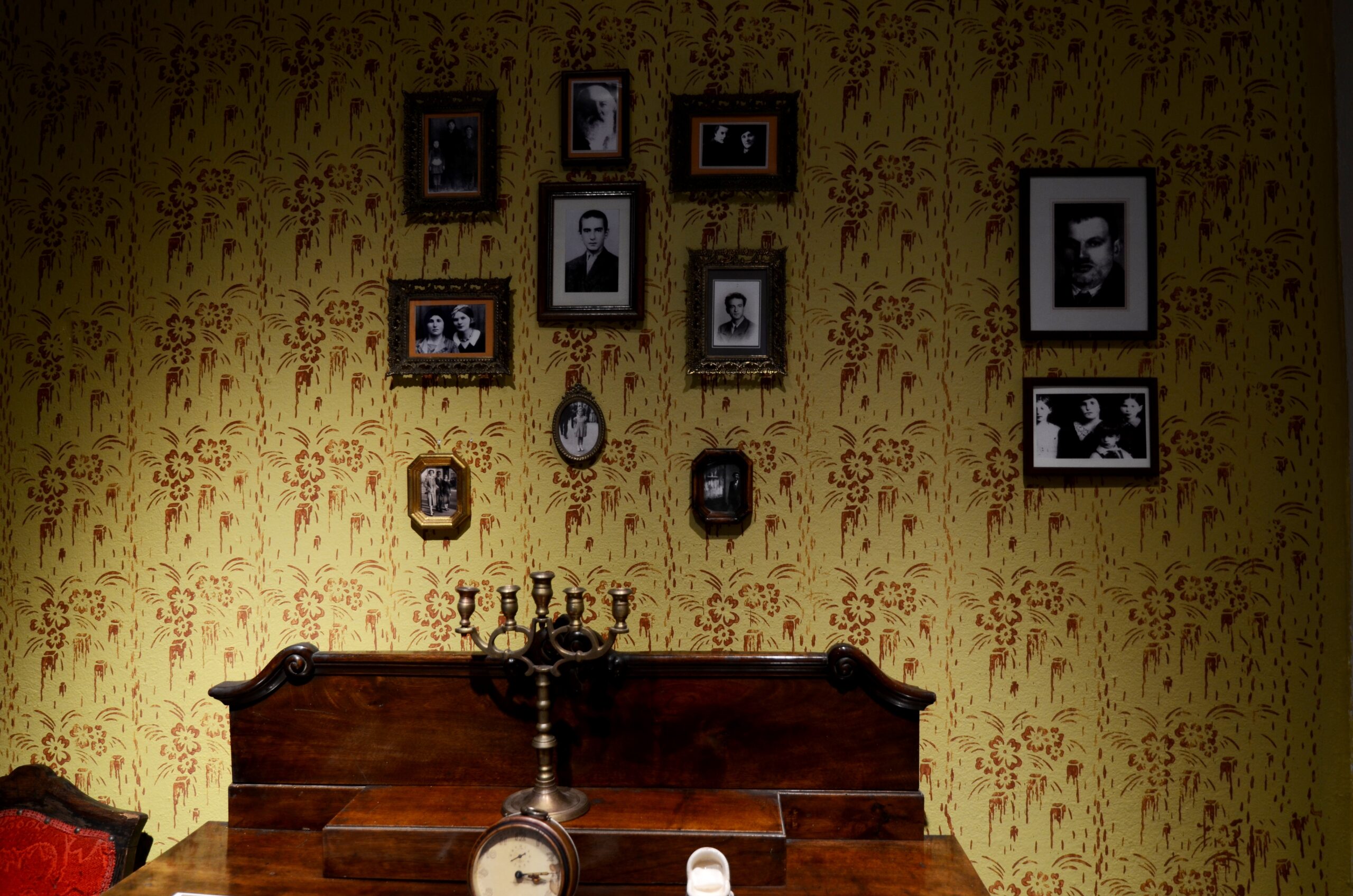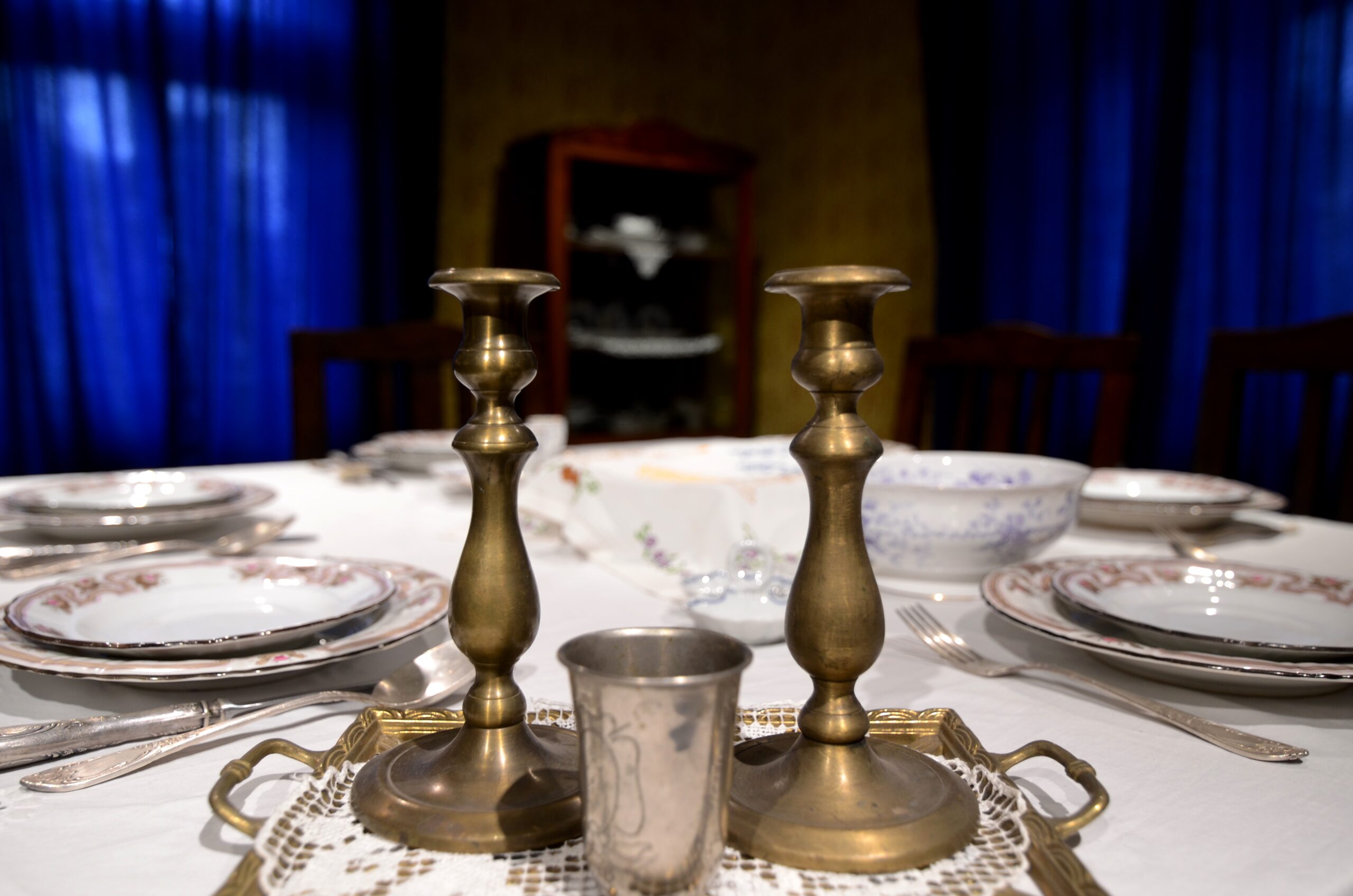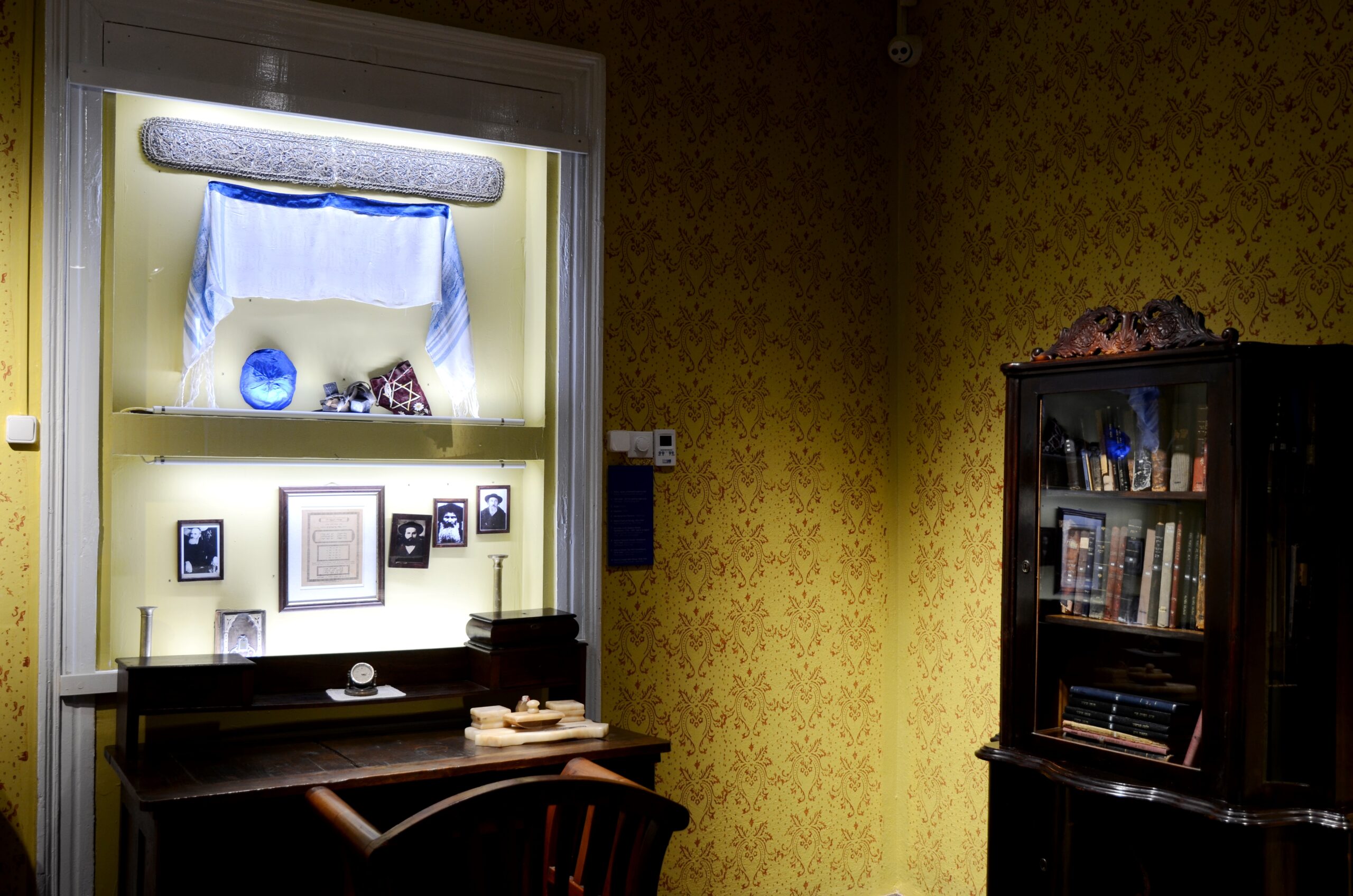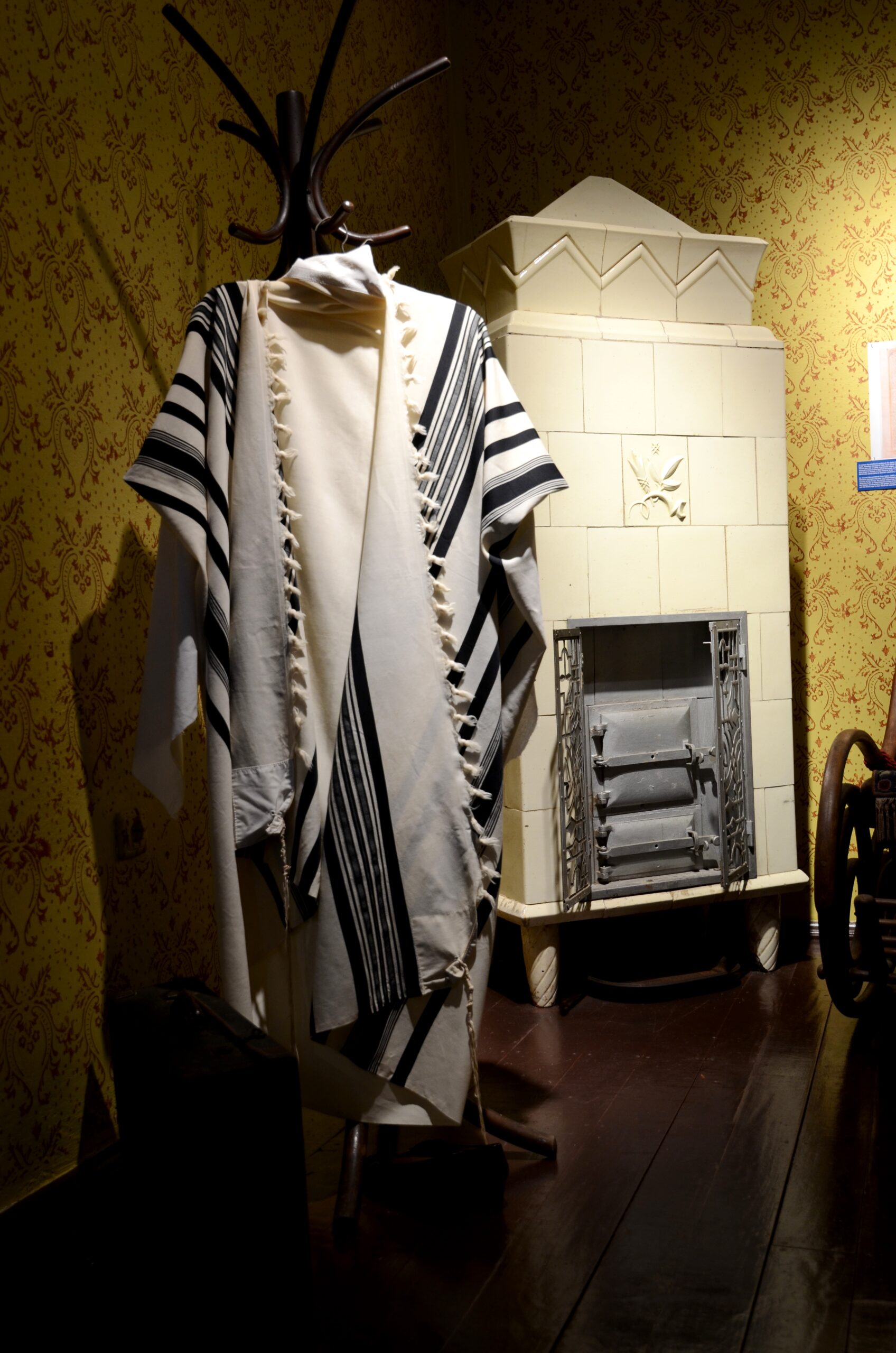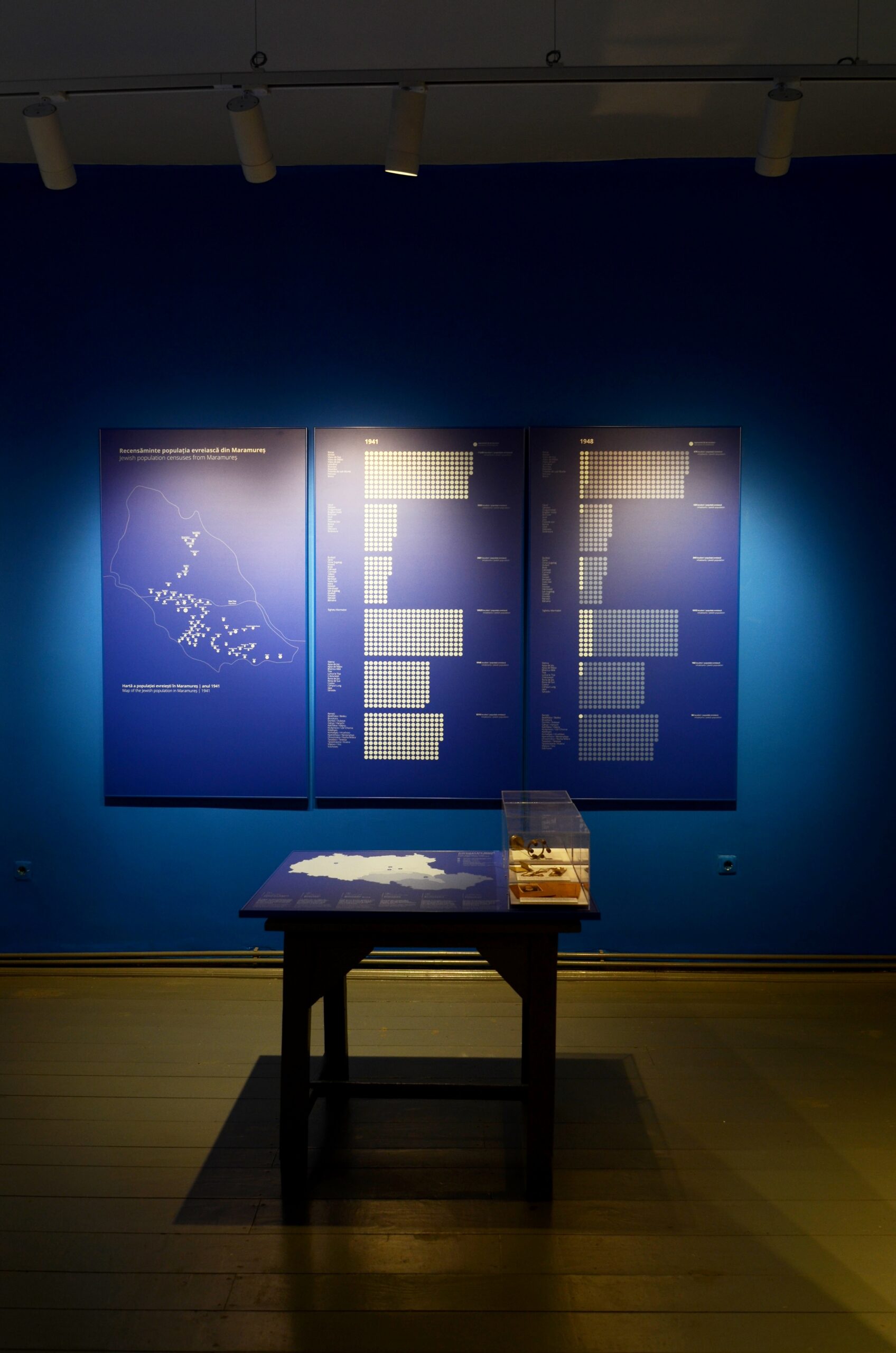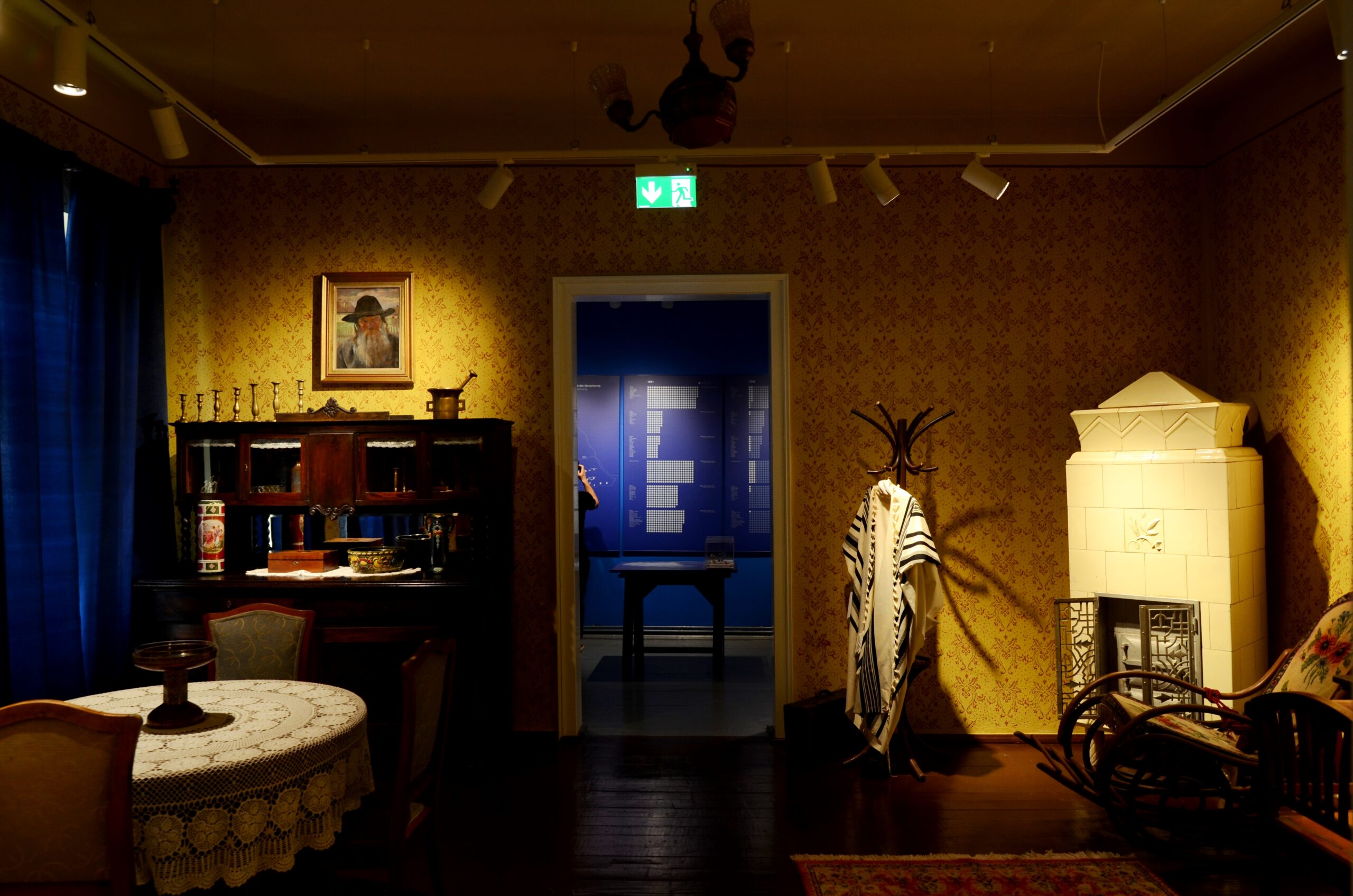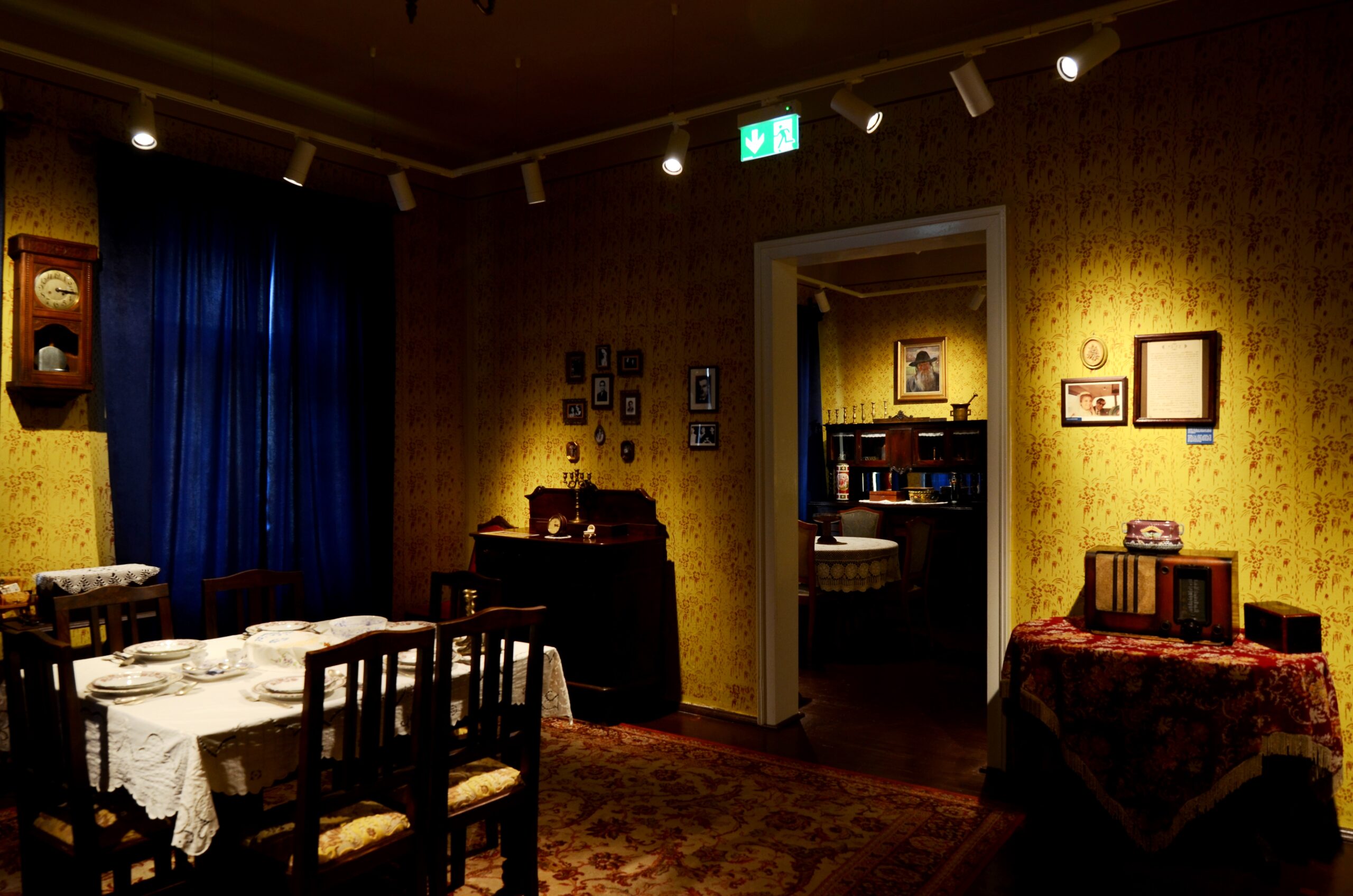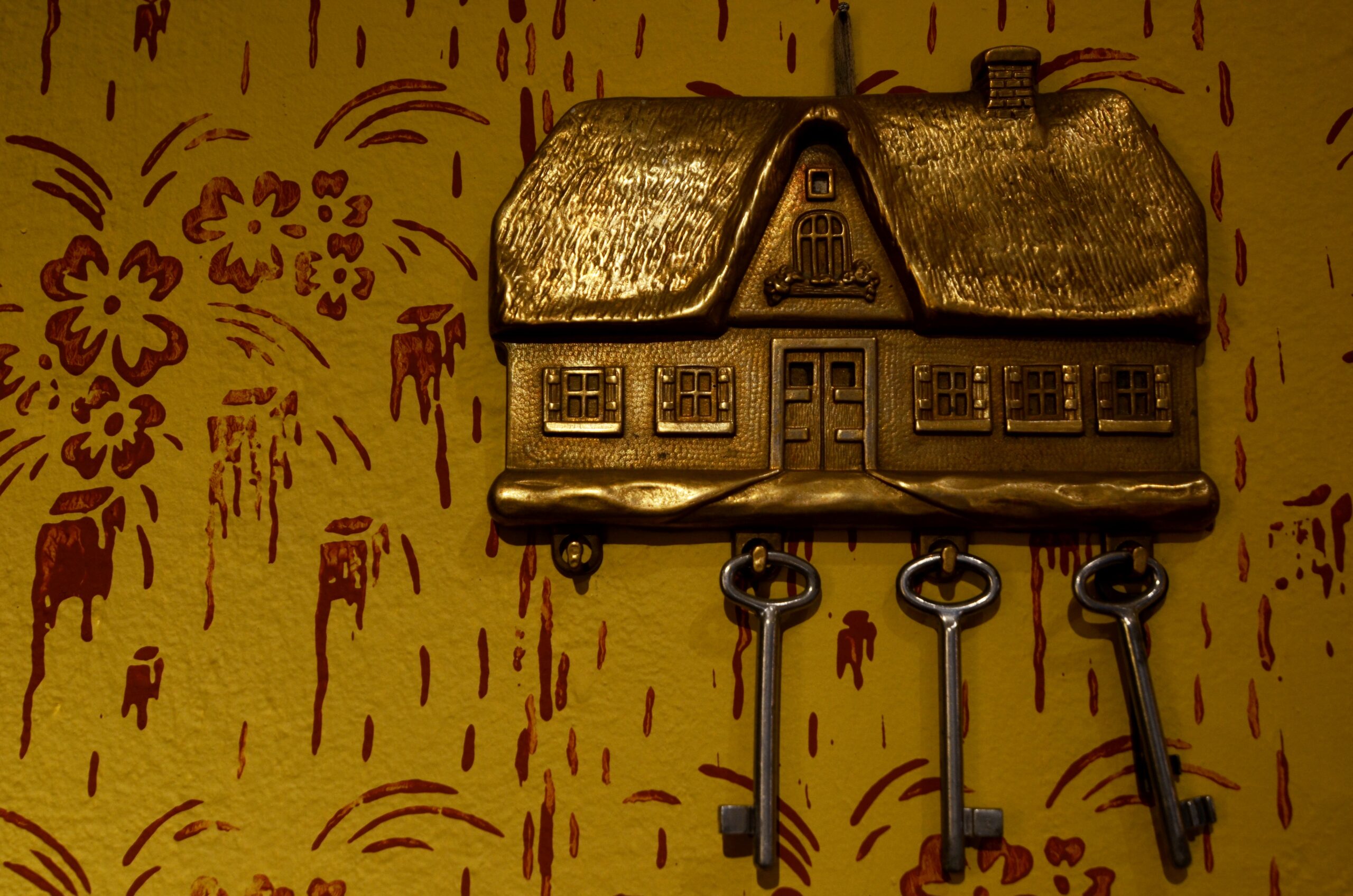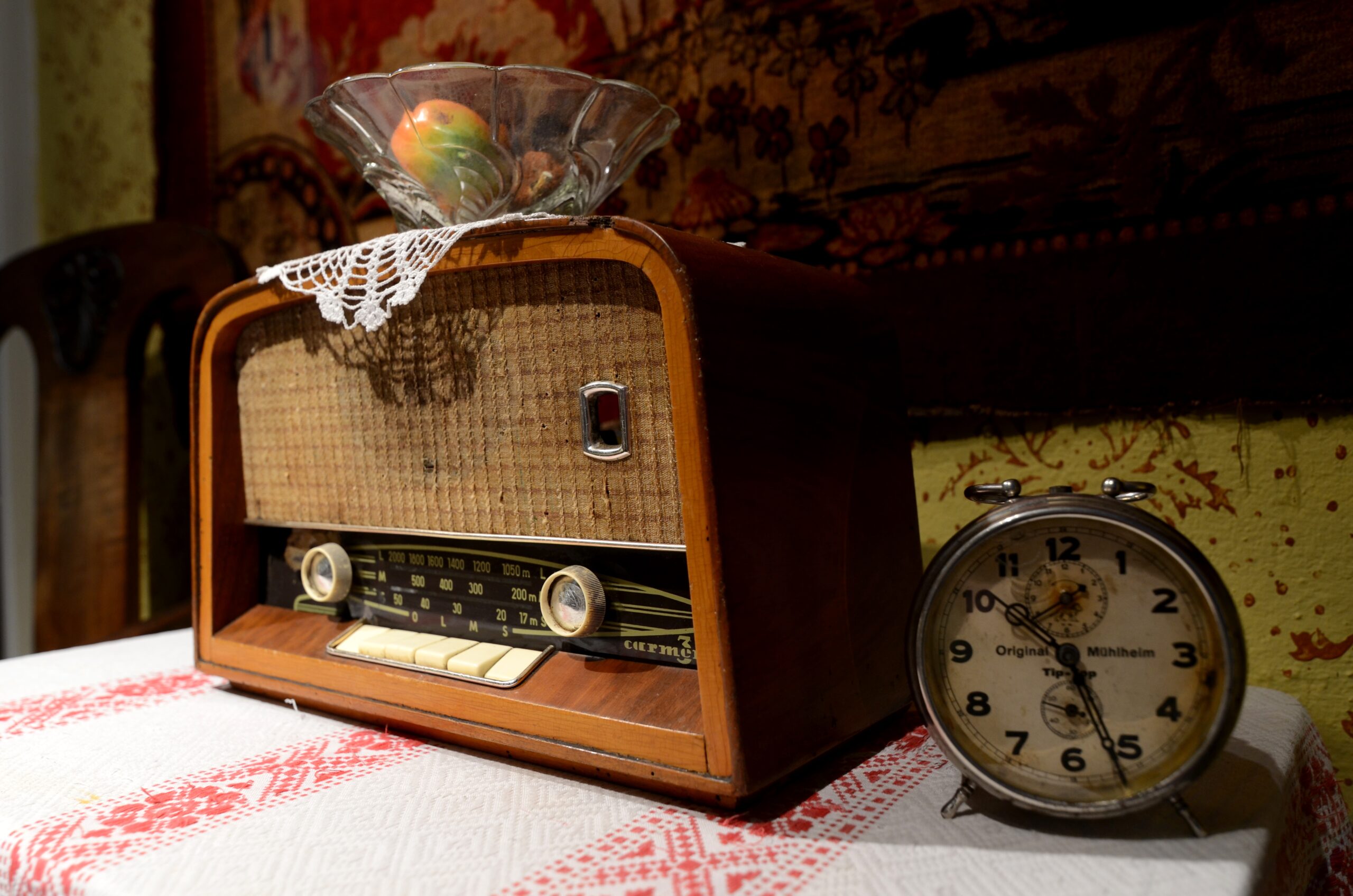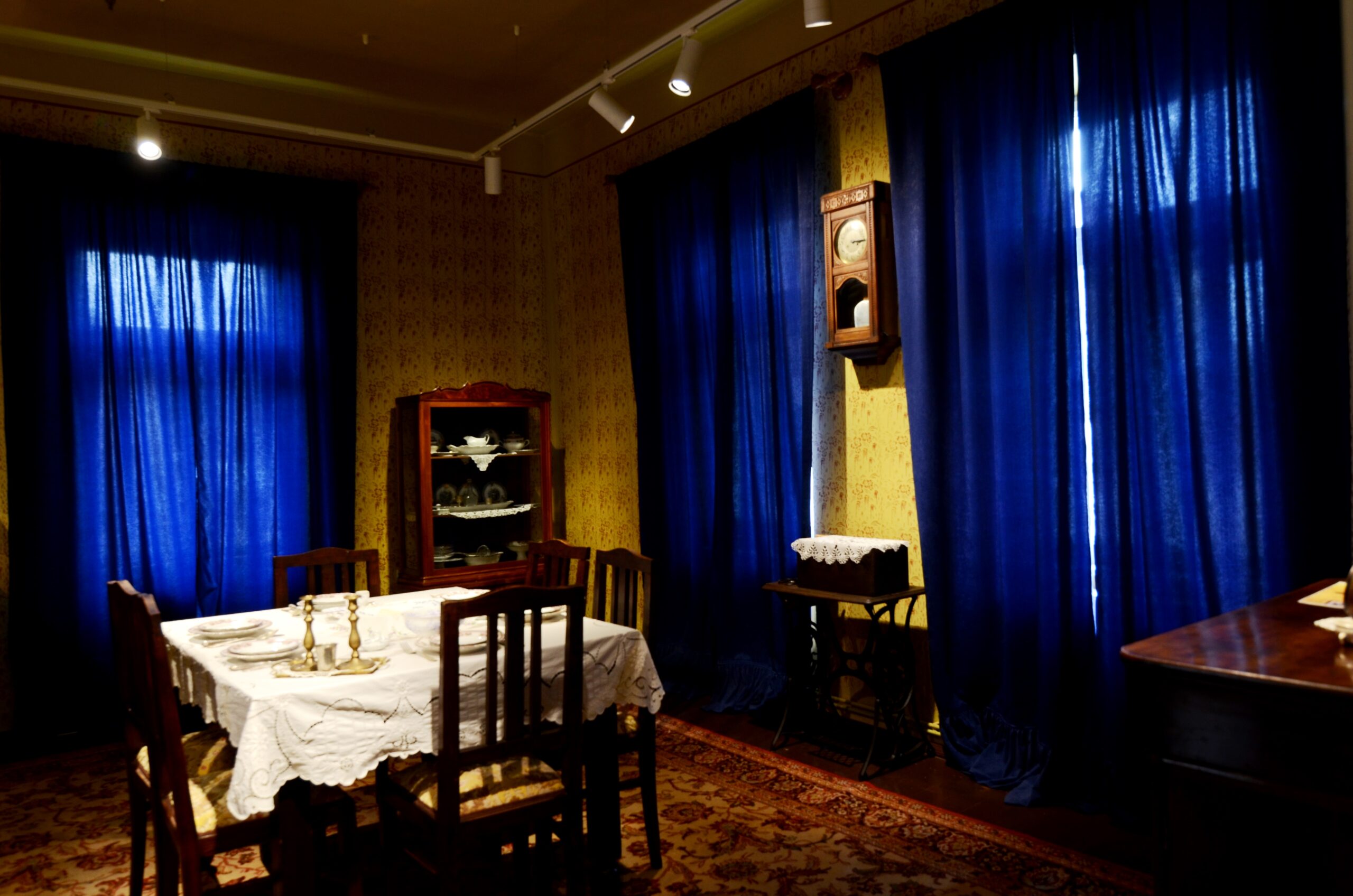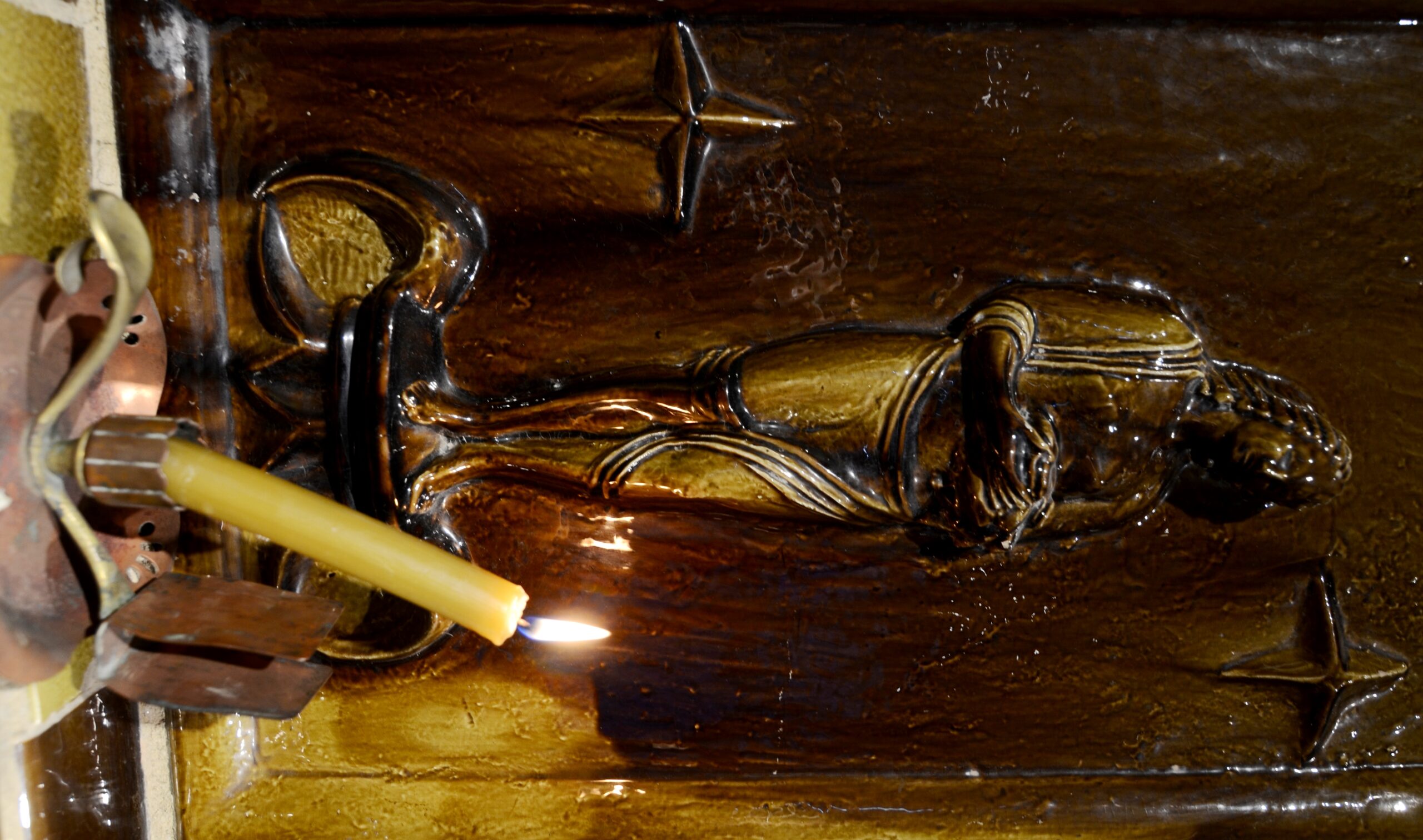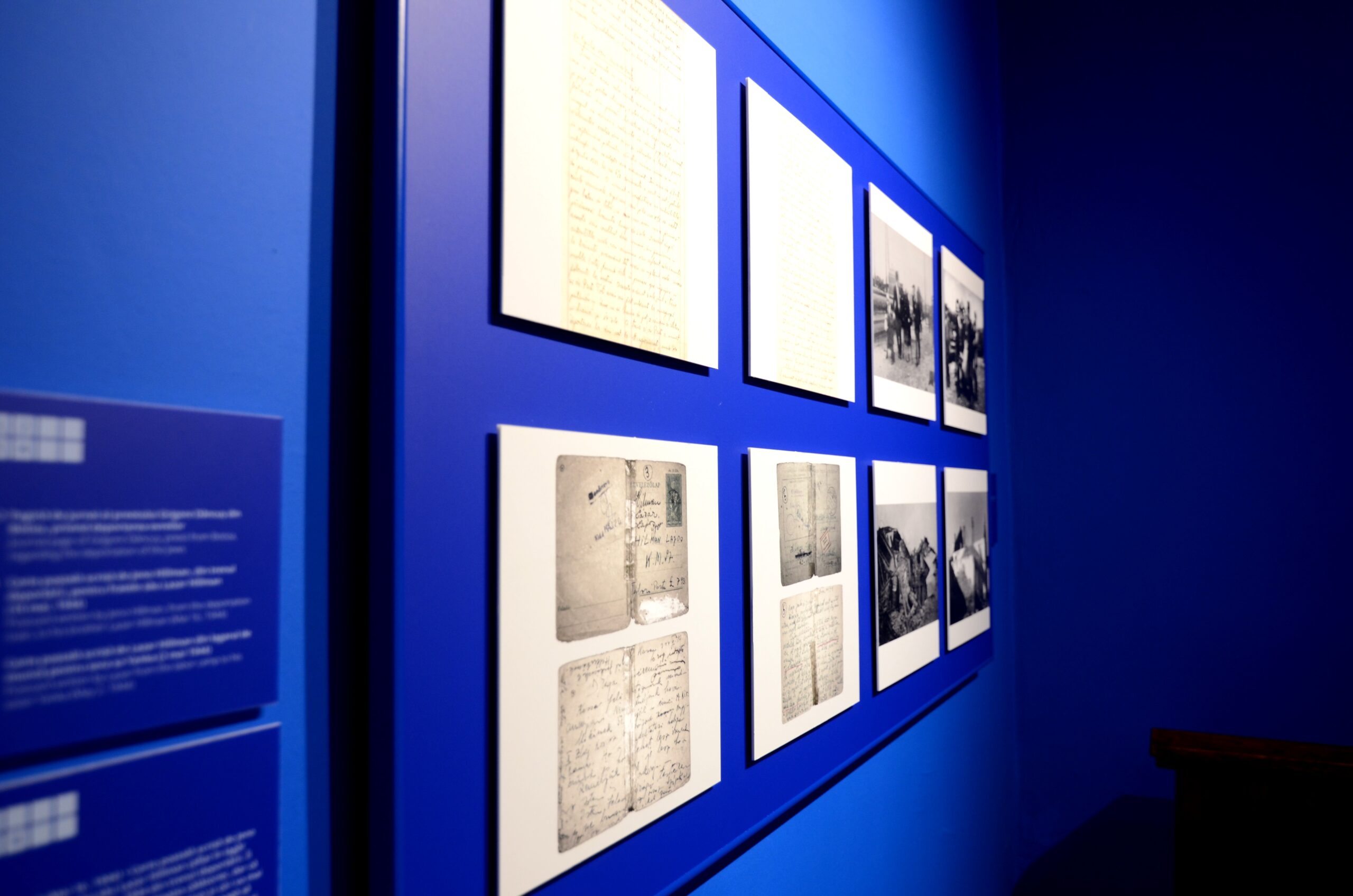"Elie Wiesel" Memorial House, Sighetu Marmatiei.
Address: 1 Tudor Vladimirescu Street, Sighetu Marmaţiei, 435500, Maramureş county, Romania
Phone: +40 262 311 521, +40 740 904 135
Email: muzeulmaramuresului@yahoo.com
Website: www.muzeulmaramuresului.ro
“If the Greeks invented tragedy, the Romans invented the epistle and the Renaissance sonnet, then our generation has invented a new literature – the literature of witnessing. We have all been witnesses, and we feel that we will have to witness the future. And this became the mana, the single and strongest bosom that marked all the lives, all the dreams, all the works of these people. Even a minute before he died, they thought he had to do it.” Elie Wiesel
Elie Wiesel’s memorial house. At the Maramures Museum of Jewish Culture, we connect people with the memory and life experiences of the Jews of Maramures through the cultural heritage of Nobel Peace Prize winner Elie Wiesel. The story we tell is the story of a place and of special people, and we try to capture, through reflection, interaction and exchange, the essence and complexity of the region with its contrasts and harmonies through collections, exhibitions and programmes for a wide audience. We take an active part in the life and history of Sigit and contribute to the cultural, educational, social and economic cohesion of the city with all our activities.
Located at the birthplace of Elie Wiesel, where he was born and lived until the age of 15, the Museum of Jewish Culture in Maramures is a place where we can understand the past in order to shape the future.
The house in which Elie Wiesel was born is located on Dragoș Vodă Street, at the corner of Tudor Vladimirescu Street, in an area that was part of one of the Jewish neighbourhoods of Sighet. It is characteristic of the areas of Transylvania and Central Europe in the late 19th and early 20th centuries, both in terms of architecture and interior design.
Its aim was to highlight Elie Wiesel’s personality, life, and activities, and to commemorate the Jewish community in Sigit and Maramures in a synthesis, as space and documentation allowed: rooms with antique furniture belonging to various Jewish families in Maramures, objects of worship and everyday life, documents, relevant photographs, photo and documentary reconstructions of the Holocaust in Maramures and Northern Transylvania, periodically supplemented by temporary exhibitions related to the communal, cultural, and social life of the Jews of Maramures. As an extension of the Elie Wiesel Memorial House, two Jewish houses, the Drimer House in Bârsana and the Jewish shepherd’s house in Poienile-Izei, were converted into the Village Museum. Both houses, by agreement, contribute to completing the portrait of the Jewish community of Maramures.

